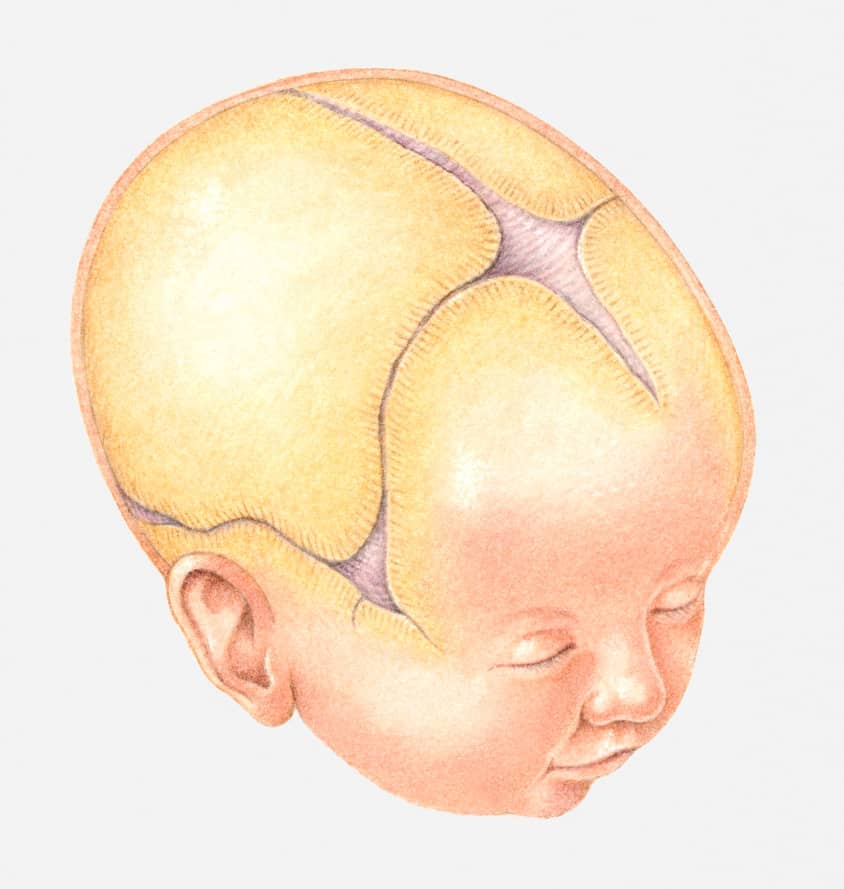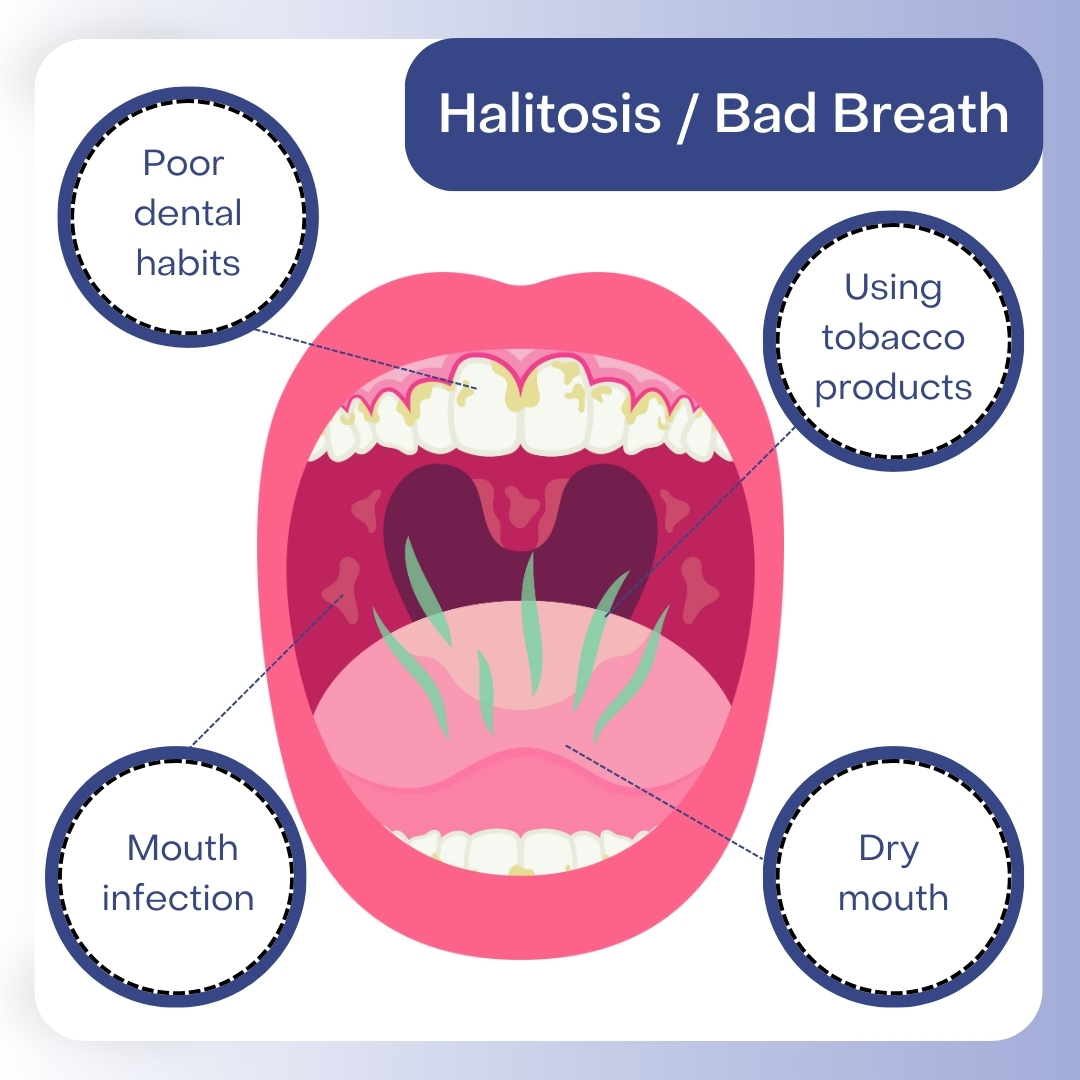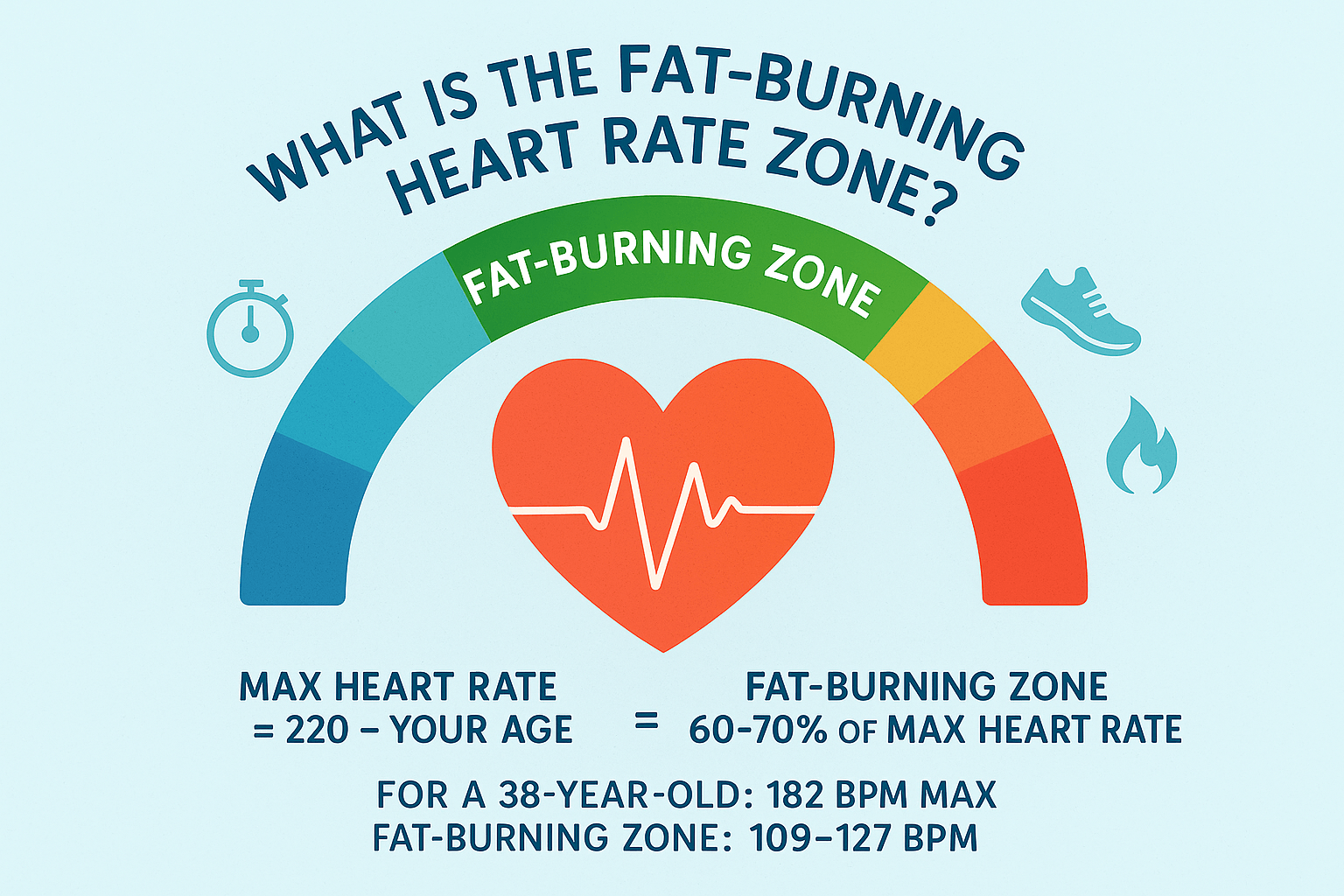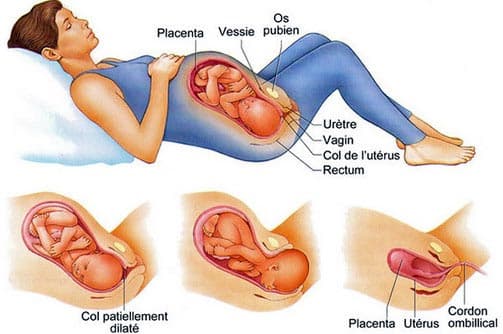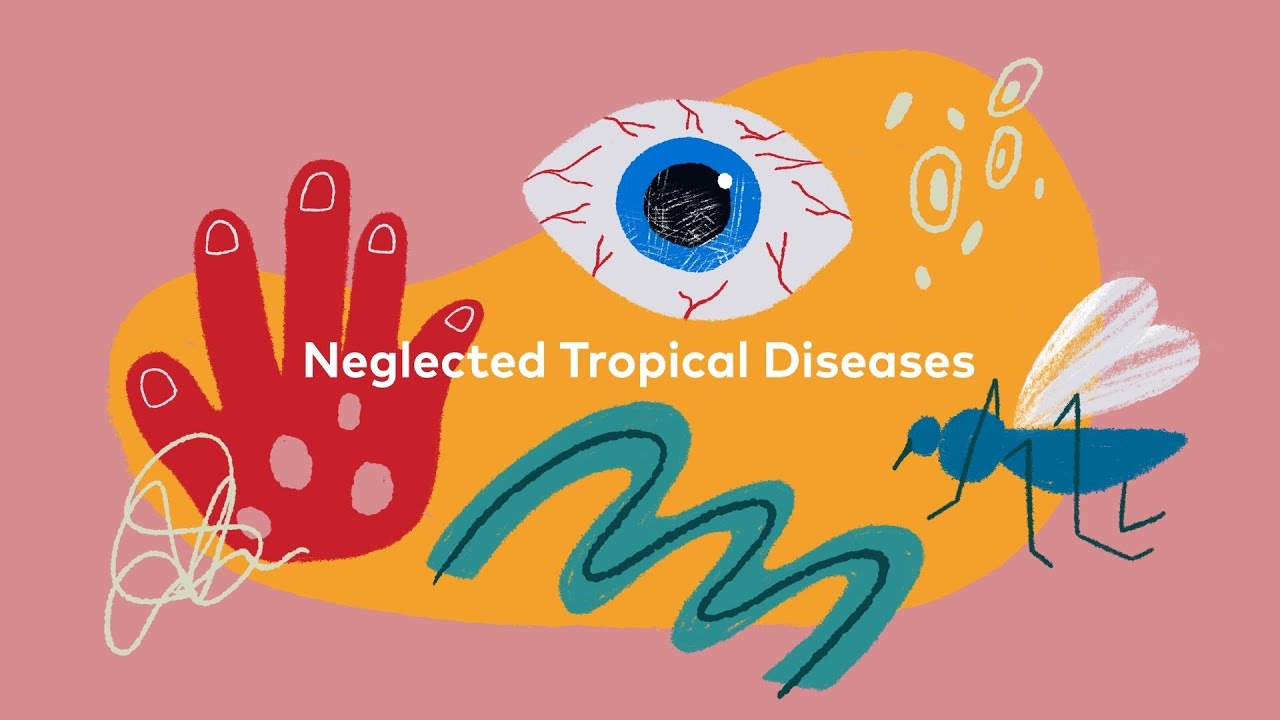When the word “ICU” (Intensive Care Unit) is mentioned, it often evokes fear and uncertainty. It’s a place shrouded in mystery for many, yet it’s where life-and-death battles are fought every day. This article explains what ICU admission truly entails, the reasons behind it, and what families need to know to navigate this critical phase of care.
Why Are Patients Admitted to the ICU?
The ICU is reserved for patients in critical, unstable, or life-threatening conditions requiring constant monitoring and advanced medical intervention. Common reasons include:
Respiratory Failure
Severe pneumonia, pulmonary embolism, or acute respiratory distress syndrome (ARDS) may necessitate mechanical ventilation to support breathing.
Cardiovascular Emergencies
Heart attacks, severe arrhythmias, or cardiac arrest require immediate stabilization and interventions like defibrillation or bypass surgery.
Traumatic Injuries
Polytrauma (multiple severe injuries), major accidents, or uncontrolled bleeding often demand surgical intervention and blood transfusions.
Neurological Crises
Strokes, traumatic brain injuries, or coma require specialized monitoring to prevent further damage to the brain.
Severe Infections
Sepsis, meningitis, or septic shock can lead to multi-organ failure, requiring aggressive antibiotic therapy and organ support.
Post-Surgical Complications
High-risk surgeries (e.g., open-heart surgery) may lead to complications like internal bleeding or organ dysfunction.
What Happens in the ICU? A Closer Look
The ICU is a hub of advanced technology and round-the-clock care. Here’s what patients and families can expect:
1. Advanced Life Support Systems
Mechanical Ventilation: Machines assist or fully control breathing for patients unable to breathe independently.
Vasopressor Medications: Administered via IV to stabilize blood pressure during septic shock or heart failure.
Continuous Cardiac Monitoring: ECG machines track heart rhythms to detect arrhythmias or ischemia.
2. Specialized Medical Team
Intensivists: Doctors trained in critical care who oversee treatment plans.
ICU Nurses: Provide 1:1 care, administer medications, and monitor vital signs.
Respiratory Therapists: Manage ventilators and ensure optimal oxygenation.
3. Personalized Care Protocols
Nutrition Support: Tailored diets or feeding tubes ensure patients receive essential nutrients.
Pain Management: Sedatives and analgesics keep patients comfortable while minimizing stress on the body.
Frequent Testing: Bloodwork, imaging scans, and neurological assessments track progress.
4. Emotional and Psychological Support
Patients may experience delirium or anxiety due to their environment. Psychologists or social workers often assist in managing mental health.
Why Are ICU Visits Restricted? Balancing Care and Compassion
ICU visiting policies are strict but purposeful:
Infection Control
Critically ill patients have weakened immune systems. Limiting visitors reduces exposure to pathogens like bacteria or viruses.
Minimizing Stress
Noise or emotional distress can elevate heart rates or blood pressure, destabilizing fragile patients.
Uninterrupted Care
Nurses and doctors need space to perform urgent procedures (e.g., intubation, CPR) without distractions.
Privacy Considerations
Patients are often partially clothed or connected to invasive devices (e.g., catheters, IV lines), necessitating dignity preservation.
What Families Can Do:
Stay updated via designated family spokespersons.
Share encouraging notes or voice recordings (if allowed).
Trust the medical team’s expertise and timing.
ICU: A Place of Hope, Not Just Survival
While the ICU is synonymous with critical illness, it’s also where modern medicine shines brightest. Advances in technology and specialized training have turned once-fatal conditions into survivable crises. Patients often transition to step-down units or rehabilitation facilities, marking the start of recovery.
Key Takeaways:
The ICU is a temporary lifeline, not a final destination.
Restricted visits prioritize patient safety, not exclusion.
Trust, communication, and patience are vital for families.
Final Thoughts
The ICU represents both the fragility and resilience of human life. It’s where skilled healthcare professionals wage silent wars against death, armed with expertise and compassion. For families, understanding the ICU’s role—and its limitations—can transform fear into hope, knowing it’s often the first chapter in a patient’s journey to recovery.


